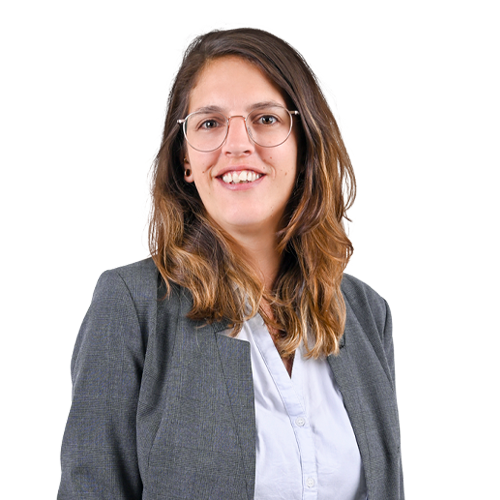A novel approach to inner cancer treatment through the activation of photosensitisers by protons.
Brain cancers like glioblastoma multiforme (GBM) are practically incurable due to their location and infiltrative nature. The fluorescence of GBM specific photosensitisers (PSs) is currently used intraoperatively to guide the resection of cancerous tissues. However, photomedical treatments like photodynamic therapy (PDT) and photochemical internalization (PCI) face several problems, such as poor light penetration into the tissue or failing to eradicate all the tumour cells. Proton therapy, on the other hand, can be lesion-specific, but risks leaving margins only partially treated and disseminated disease untreated.
The Protonic project proposes to combine the strengths of the photomedical and proton therapies by applying proton-driven PDT and PCI to the GBM primary and secondary lesions eliminating the requirement of an external light source. This would allow overcoming the current limitations of PDT and PCI whilst making proton therapies more targeted and effective.
The 4-year project aims at delivering a proof-of-concept for the excitation of photosensitisers (PSc) of protons in solutions or phantoms, in vitro, and in vivo glioblastoma multiforme (GBM) brain cancer preclinical models. By doing so, it is expected that all tumour cells can be eradicated following to the penetration of light into tissue and PDT and PCI can deploy their full power.
Protonoic will follow a 4-step approach: 1) Experimental setup, 2) proof of principle validation in PS solutions and gels, 3) Biological validation in vitro and in vivo, and 4) Assessment for future translation of the technology.
At the end of Protonic, an overall assessment of the project results and achievements will be performed in consultation with radiation- and neuro-oncologists to determine if a more rigorous preclinical study needs to be undertaken in order to pave the way from the bench to the clinic.
Oslo University Hospital, Norway
Partners:
- University of Oslo, NO
- University of California Irwine, US


